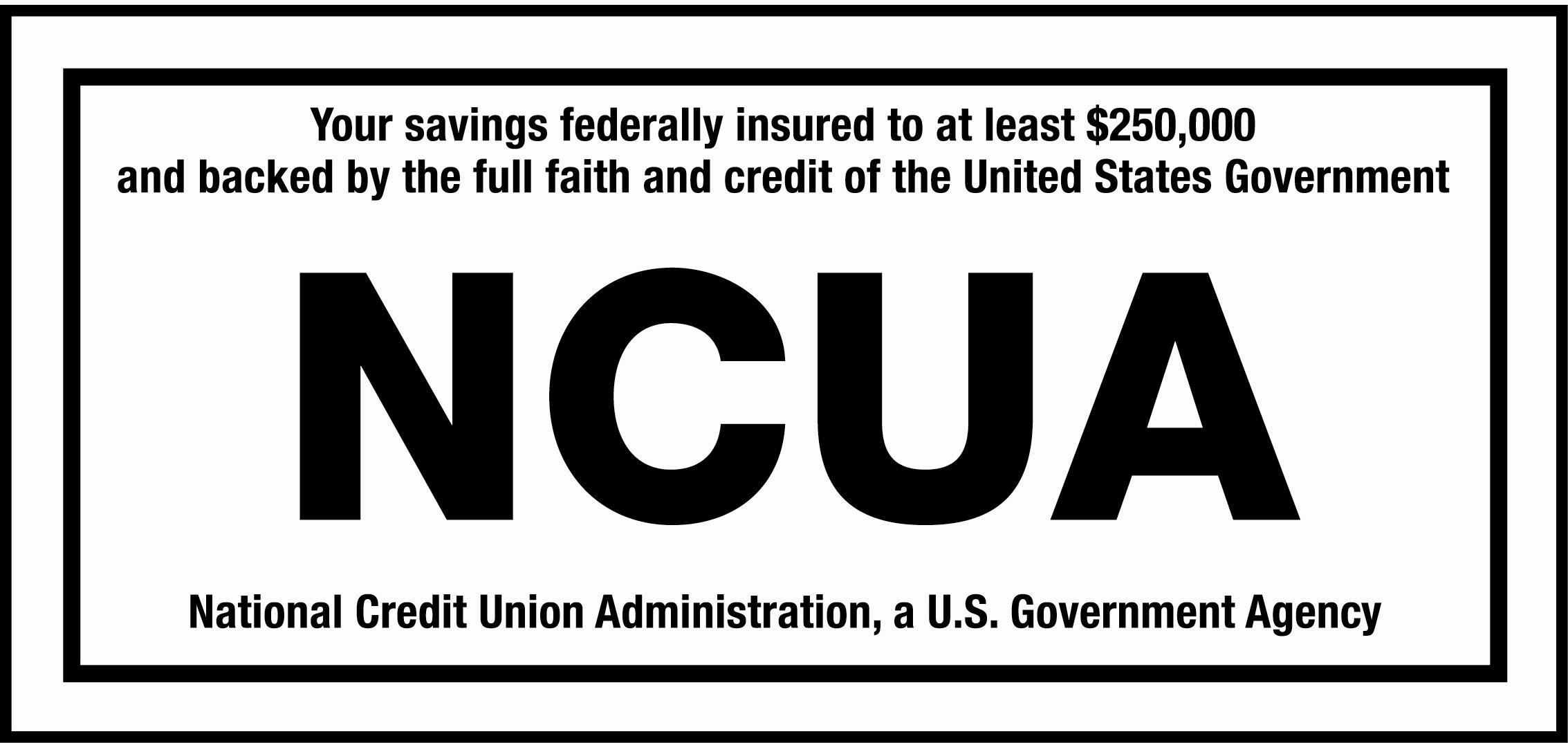In these scams, a caller claims that the victim is delinquent in a payday loan and must repay the loan to avoid legal consequences. Payday loans, also known as paycheck advances, are typically a short-term unsecured loan to be repaid at the borrower’s next pay day. The callers purport to be representatives of the FBI, Federal Legislative Department, various law firms or other legitimate-sounding agencies. They claim to be collecting debts for Internet check-cashing services.
At times, the callers may have accurate information about the victims, including Social Security numbers, dates of birth, addresses, employer information, bank account numbers, and names and telephone numbers of relatives and friends. The method by which the fraudsters obtained the personal information is unclear, but victims often relay that they had completed online applications for other loans or credit cards before the calls began.
The fraudsters relentlessly call the victim’s home, cellphone and place of employment. They refuse to provide to the victims any details of the alleged payday loans and become abusive when questioned. The callers threaten victims with legal actions, arrests and, in some cases, physical violence if they refuse to pay. In many cases, the callers even resort to harassment of the victim’s relatives, friends and employers.
Some fraudsters instruct victims to fax a statement agreeing to pay a certain dollar amount, on a specific date, via prepaid Visa® card. The statement further declares that the victim would never dispute the debt.
WHAT STEPS SHOULD YOU TAKE? These telephone calls are an attempt to obtain payment by instilling fear in victims. Do not follow the instructions of the caller.
If you receive telephone calls such as these, you should:
- Contact your credit union or financial institution;
- Contact the three major credit bureaus and request an alert be put on your file;
- Contact your local law enforcement agencies if you feel you are in immediate danger; and,
- File a complaint with the Internet Crime Complaint Center’s (IC3) website at www.ic3.gov.



